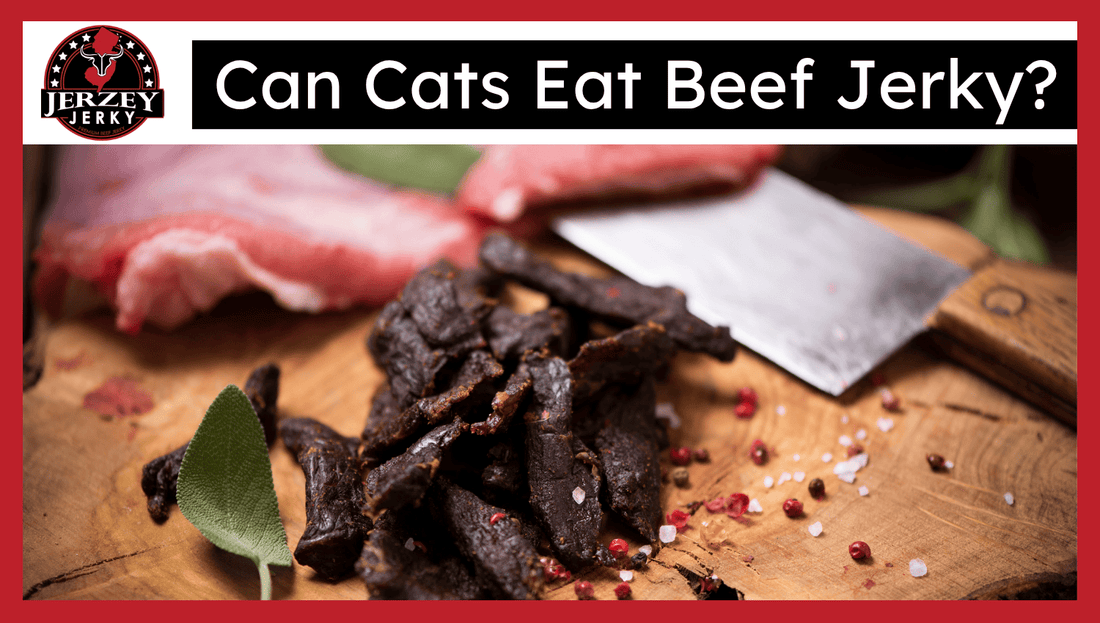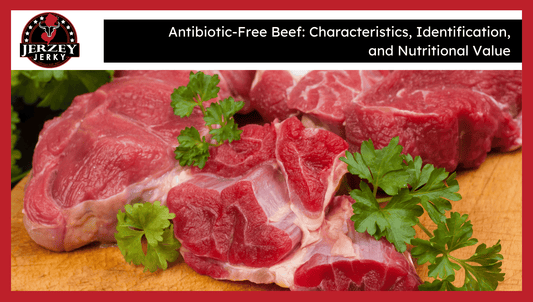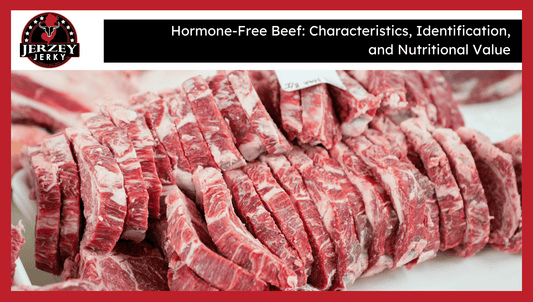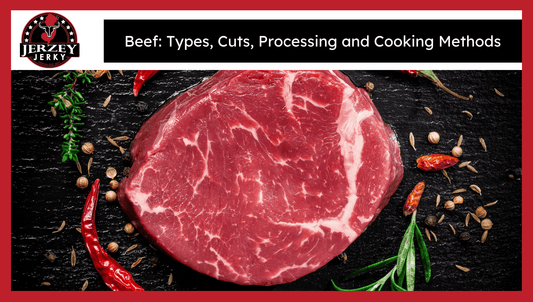
Can Cats Eat Beef Jerky?
Cats eat beef jerky, but it poses serious health risks. Jerky usually has garlic, onion powder, sugar, and excessive amounts of salt: all four items are poisonous to cats. Garlic is harmful to the red blood cells and onion powder has similar effects. The Journal of Veterinary Medicine notes that even a small amount of 0.5g of garlic per kg of body weight is toxic. These are normally concealed in the small writings in jerky labels.
Excessive salt causes cats to vomit, get dehydrated, shake and put long-term pressure on their kidneys and hearts. Preservatives such as sodium nitrite are present in jerky and enhance cancer risk in animals, according to a study by the National Toxicology Program.
Cats need nutrients to maintain health and beef jerky fails to provide them. It fails to supply taurine, an amino acid that has been crucial in eye vision and heart health. Other significant nutrients that are present in proper cat food are also absent in jerky.
Better alternatives are freeze-dried cat meat snacks. Unseasoned boiled chicken, turkey, or fish is more nutritious with no disease-causing ingredients or chemicals. These options are much healthier for your cat compared to beef jerky.

What Makes Human Beef Jerky Unsafe for Cats?
Here are 6 reasons beef jerky made for humans harms cats and puts their health at risk:
- Excessive Salt: Beef jerky has more than 500mg of sodium per 25g. Cats require 21mg/kg of body weight. Excessive salt results in dehydration, salt intoxication, kidney duress, and raises susceptibility to obesity and hypertension.
- Garlic and Onion Power: Garlic and onion powder damage red blood cells in cats. The Journal of Veterinary Medicine indicates that 0.5g of garlic per kg is toxic. The harm causes anemia, weakness, and decreased oxygen circulation throughout the body.
- Choking Hazard: Jerky is dry and tough, which makes it hard to chew in a cat to chew. The smaller items get lodged in their throat or mouth. This poses the danger of choking, particularly in cats/kittens with less strong teeth or slower chewers.
- Spice, Smoke Flavoring, and Marinades: Black pepper, chili, vinegar and artificial smoke flavor are common ingredients in jerky recipes. These foods offend the stomach of a cat. Spiced or flavored jerky causes vomiting, diarrhea and stomach pains after consumption.
- Long-Term Consumption: Regular jerky consumption damages internal organs. Cats can't gradually filter high salt and chemical loads. Chronic consumption influences the liver and kidneys, causing irreversible damage to these organs and shortening life.
- Preservatives and sugars: Beef jerky contains supplemented sugar, MSG, and nitrates. The said ingredients are not useful to cats and are harmful to their health. Nitrates are associated with an increased cancer risk by the National Toxicology Program, and sugar also leads to weight gain and fatigue.
Can Cats Eat Store-Bought Jerky Meant for Humans?
Store-bought jerky is fed to cats, although it remains dangerous due to processing. Even uncured jerky usually has curing substances such as sodium nitrite or potassium sorbate. These chemicals put a load on their liver, and they don't give any nutrients to cats.
Other brands of jerky add soy sauce, vinegar, or liquid smoke as a flavoring. All of these ingredients disturb the digestive system and lead to nausea or stomach pain. Cats possess sensitive stomachs, which do not respond positively to these artificial components.
Store jerky does not have pet food safety controls as well. Jerky is dry meat prepared by manufacturers according to human taste, but it is not suitable for the daily or even occasional nutrition of cats.
How Much Jerky Can a Cat Eat Safely?
Cats only safely get a little bit of jerky. Even such a small portion is better on rare days. Consuming 1g occasionally is harmless and the cat stays safe, but high intakes or frequent consumption lead to excessive salt or stomach complications. According to experts, treats must not exceed 10 % of dietary calories daily. For a 4kg cat consuming 200 calories each day, treats shouldn't be over 20 calories. The majority of jerky pieces contain 7-10 calories per gram.
Pay attention to such symptoms as vomiting, diarrhea, or excessive thirst after eating. These signs show irritation or toxicity, and the more jerking one experiences, the greater the health risks.
Are There Cat-Safe Jerky Alternatives?
Here are cat-safe jerky alternatives:
- Cat-Specific Jerky Treats: Cat-safe jerky treats contain single proteins, such as chicken, duck and fish, with no extra salt, spices, or preservatives. These products are manufactured by brands that are absorbed by the cat. Look at labels to ensure there is zero garlic, onion, or taste enhancer.
- Homemade Dehydrated Meat Treat: Plain, lean meat such as chicken or beef is cut into thin strips, then cooked or oven dried at 70 °C until dry. Do not use salt or spices. Keep in air-tight containers and store maximum of 3 days to avoid spoilage or growth of bacteria.

 2025-07-23
2025-07-23
 Wayne Holland
Wayne Holland










